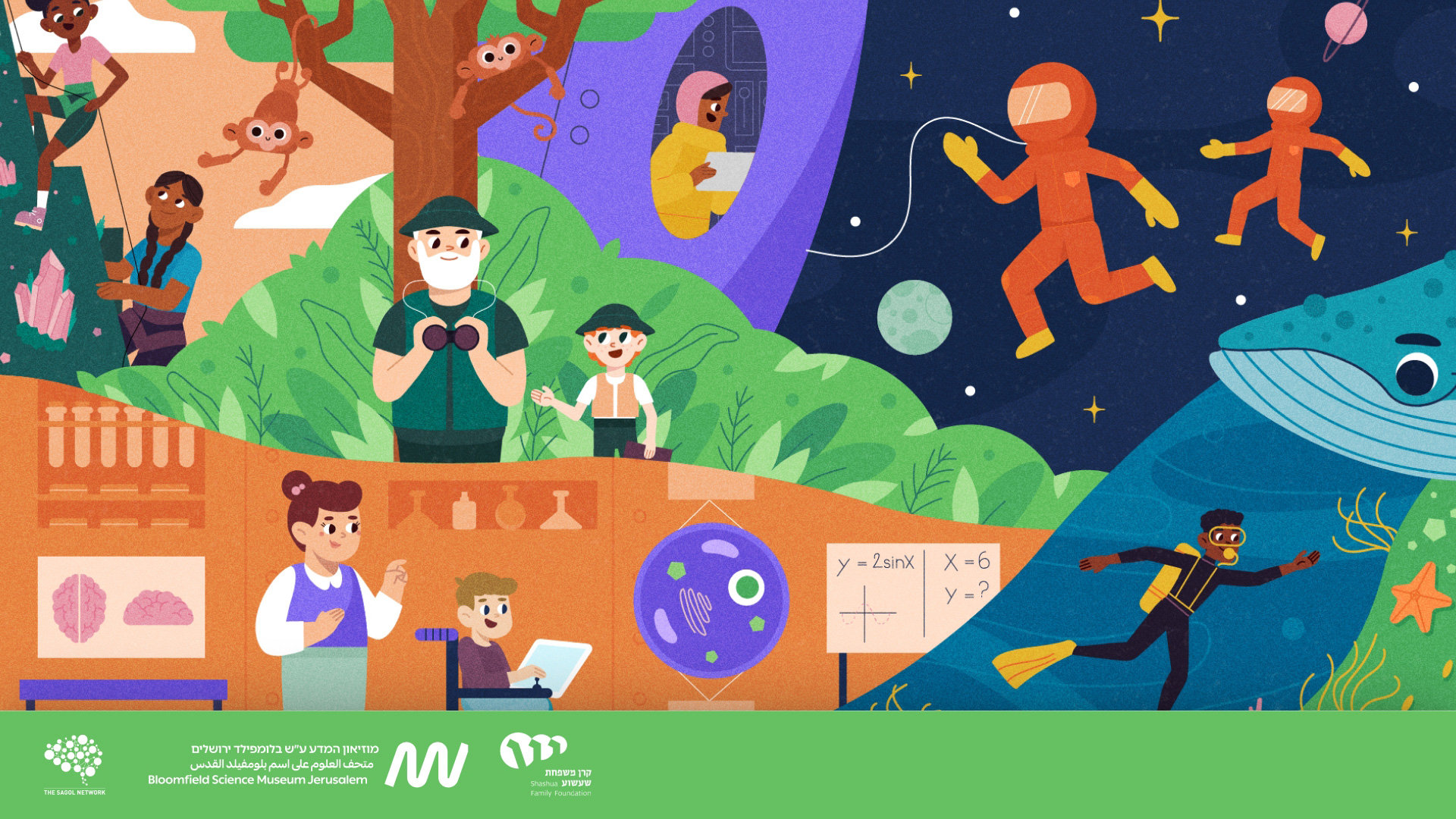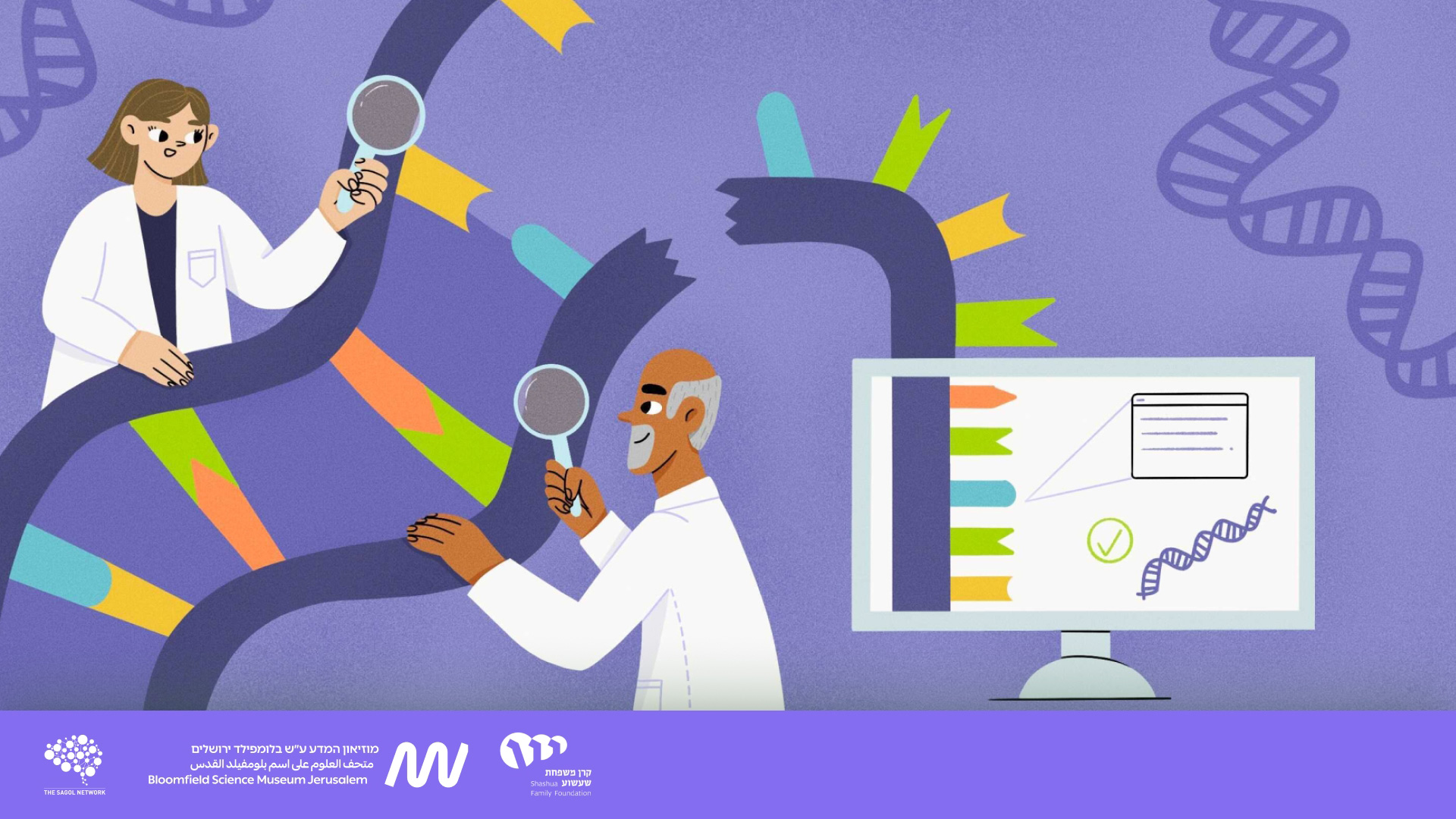
חיידקים אוהבי-קור השורדים בקרח
שני חיידקים מאוירים, לבושים בבגדי חורף, משחקים בשלג. שניהם חובשים מגני אוזניים וצעיף. שלג יורד סביבם, וברקע נראים הרים.
סוקרים צעירים






האוסף השני של מאמרי הנובל שלנו כאן! מאמרים נוספים שכתבו כלות וחתני פרס נובל על המחקר המדעי פורץ הדרך שזיכה אותם בפרס הנובל. גם מאמרים אלו נסקרו על ידי צעירים וצעירות כמוכם.
חתני וכלות פרס נובל על התגלית החשובה שזיכתה אותם בפרס המדעי היוקרתי ביותר. מאמרים ייחודיים לצעירים עם התובנות והעצות שלהם לנוער.
כתב עת מדעי בגישה פתוחה הנכתב על-ידי מדענים מובילים בארץ ובעולם ונערך על-ידי נוער. מנהל מדעי: פרופסור עידן שגב, האוניברסיטה העברית, ירושלים. שותפים בישראל: מוזיאון המדע ע"ש בלומפילד, ירושלים.
רוצים ורוצות לקבל מידע מעניין ועדכונים על כל הפעילויות והאירועים הקרובים? הירשמו לניוזלטר שלנו!